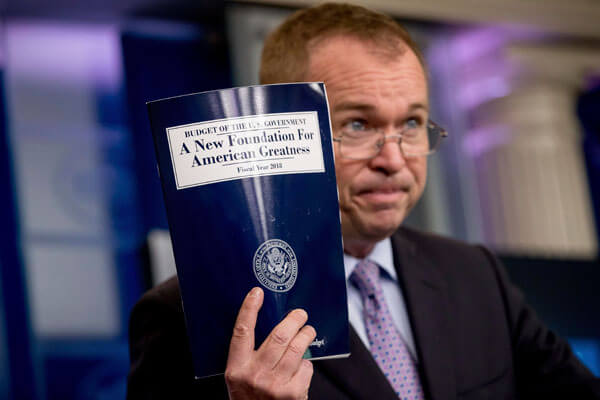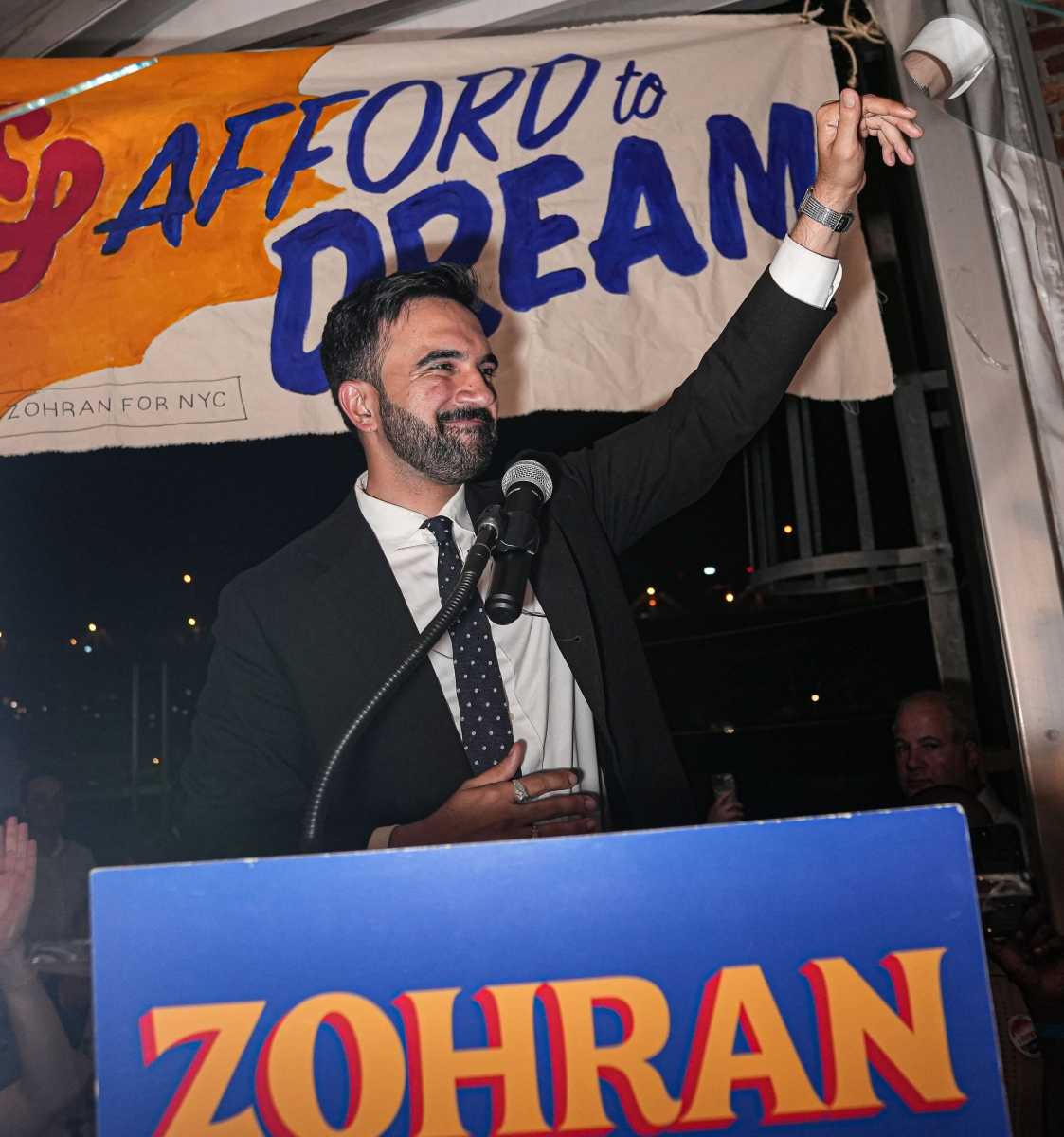By Mark Hallum
Queens congressional members had choice words for President Donald Trump’s latest budget proposal, claiming it will wick away vital resources from working class Americans to line the pockets of the wealthy with tax cuts.
His fiscal year 2018 budget would slash up to $1 trillion from basic food assistance programs, student loan programs and Medicaid as well as force changes to anti-poverty programs.
U.S. Rep. Carolyn Maloney (D-Astoria) said these types of cuts would hit New Yorkers hard, and even strip 25 percent of funding to Homeland Security for high priority targets such New York City.
“President Trump’s proposed budget would be nothing short of a disaster for New York City and our country,” Maloney said. “The cruel and ignorant cuts proposed in this budget would devastate everything from cancer research and infrastructure improvements to affordable housing and public education.
“If this budget ever became reality, it would set our country back decades, kill jobs, and cause incalculable harm to the tens of millions of our fellow Americans across the country.”
The controversial Trump plan is facing stiff headwinds on both sides of the aisle in Congress.
The budget proposal is in “full retreat” from Trump’s campaign promises to stand up for working class voters while building a healthy economy that supports the dwindling middle class, U.S. Rep. Joseph Crowley (D-Jackson Heights) said.
“Robbing Medicaid with a $610 billion cut to the critical health-care program that cares for seniors, veterans, children, and the disabled isn’t sound policy for working America – it’s a ploy to boost President Trump’s bottom line and the profits of his billionaire friends,” Crowley said. “For my home state of New York, President Trump’s budget packs a heavy hit. The $191 billion cut to a program that feeds hungry children will directly harm 41,000 families in my district, and cuts to Medicaid will cause more than 600,000 seniors in New York to face challenges getting the care they need.”
U.S. Rep. Grace Meng (D-Flushing) was in line with the view that the budget request will put the majority of the sacrifice on the backs of working class Americans.
“The most important question we can ask of any budget is who will it benefit?” Meng said. “With this budget, certainly not middle-class families, who will see investments in education slashed. Certainly not rural Americans, who will see critical rural cooperative and manufacturing programs completely eliminated and deep cuts to economic development partnerships such as the Appalachian Regional Commission. Certainly not Americans who are sick, especially children and those with disabilities, who will see drastic cuts to Medicaid and the Children’s Health Insurance Program, the latter providing health coverage to 5.6 million children.
“This is not to mention the $6 billion cuts to federally funded medical research, an essential investment to finding cures for the most devastating diseases.”
Meng said those who will benefit from deep tax cuts belong to the wealthiest groups of Americans, while the middle classes takes a big hit.
State Comptroller Thomas DiNapoli pointed out that not only does the budget leave the middle class behind, but it would force New Yorkers to pick up the financial slack to maintain services.
“His proposal also creates real consequences for the state budget, putting New York’s taxpayer on the hook for billions of dollars in eliminated federal funding,” DiNapoli said.
Up to three million New Yorkers received $5 billion in food stamps from SNAP and 1.5 million households in the state received $274 million from Home Energy Assistance, while $4.4 billion in Supplemental Security Income goes to about 700,000 residents and $8.5 billion reaches 600,000 in Social Security Disability Insurance.
Reach reporter Mark Hallum by e-mail at mhall



































